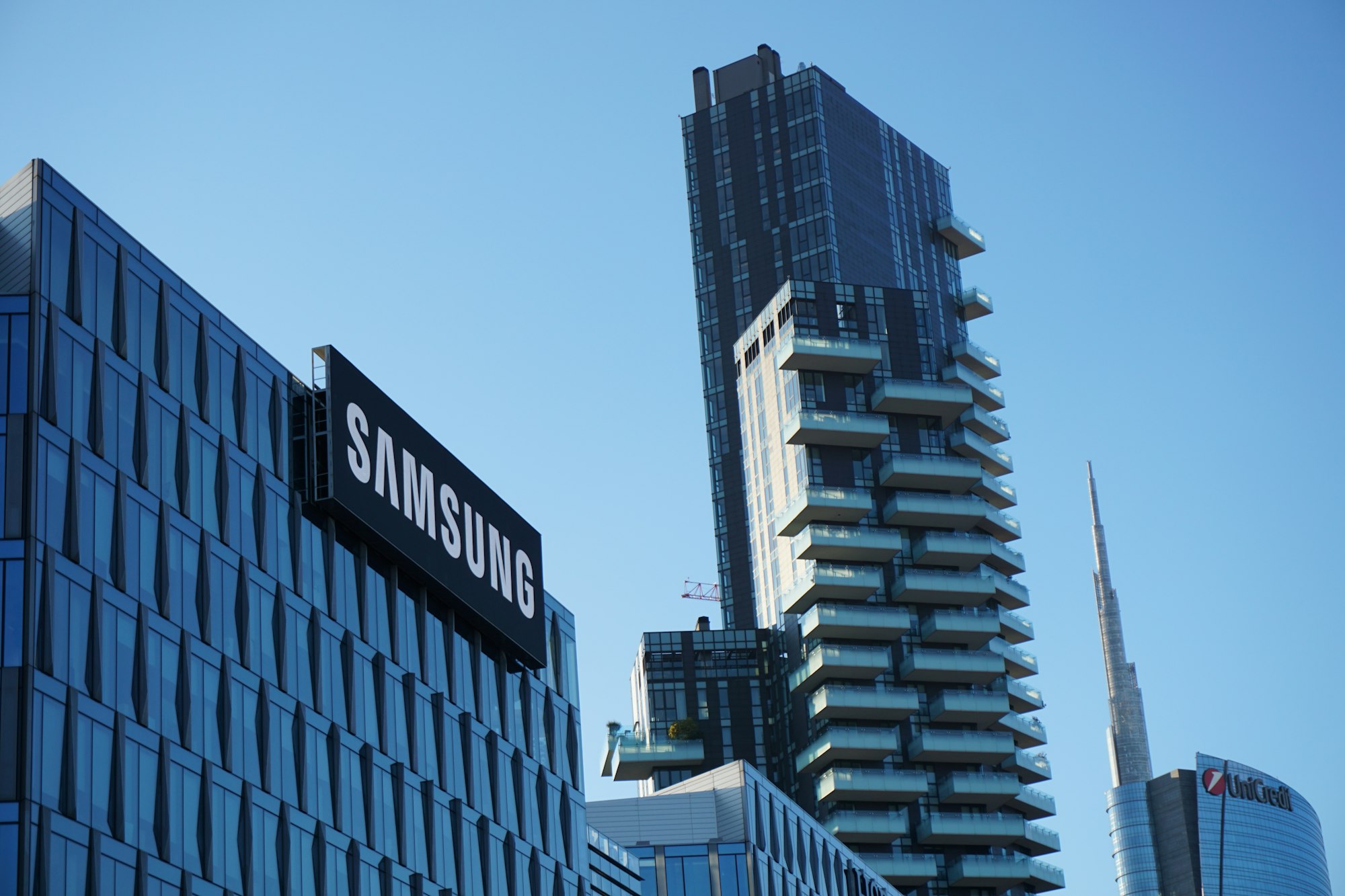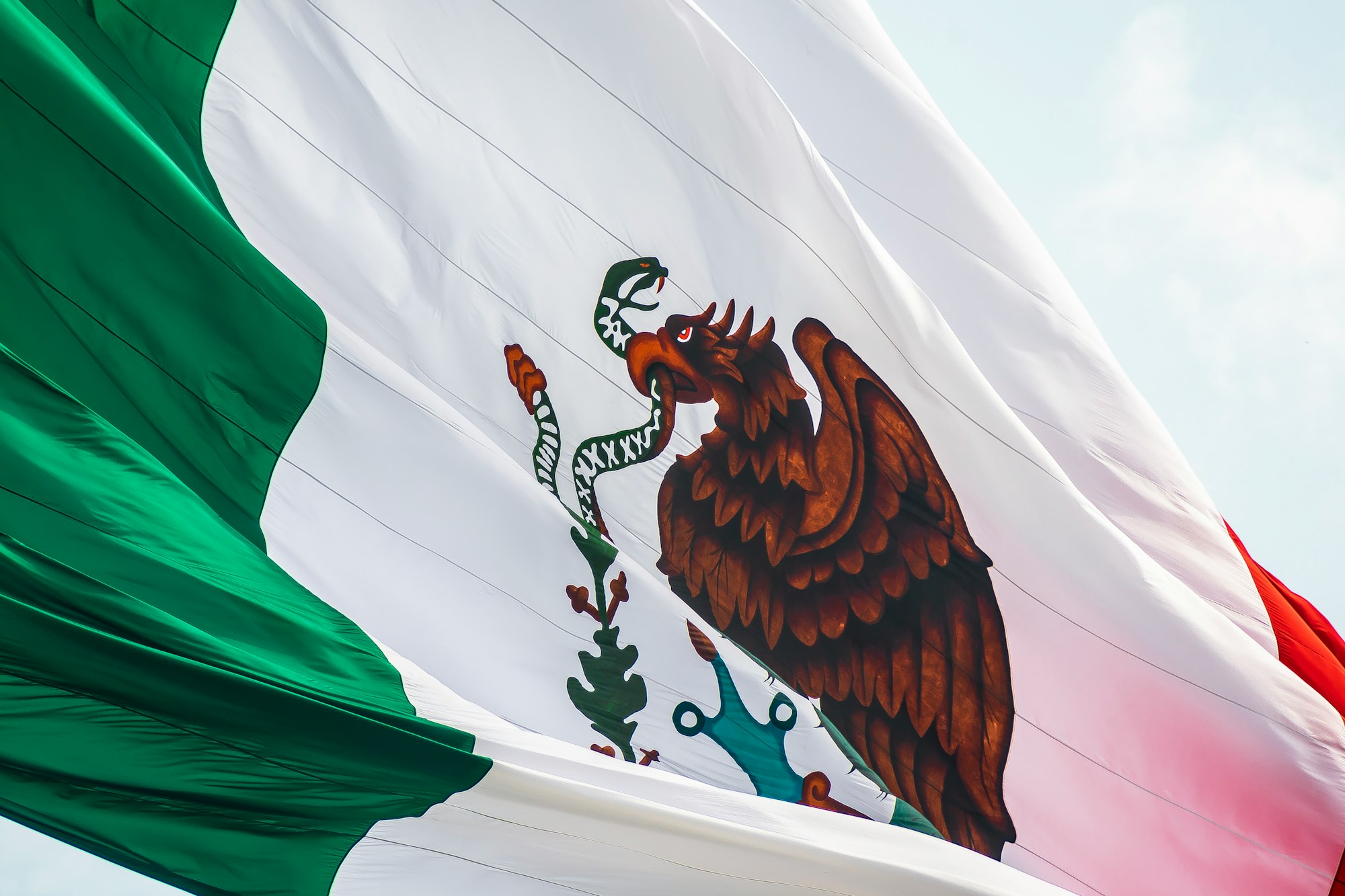Shifting Focus to Global Markets
Chinese automakers are shifting their focus to global markets outside the U.S. following the Biden administration's decision to impose 100% tariffs on Chinese electric vehicles (EVs).
- These tariffs, announced in Washington, are more symbolic than practical for Chinese carmakers, who have minimal presence in the U.S. and have long seen the political barriers as insurmountable.
- Analysts believe that while these tariffs won't deter Chinese EV makers' global ambitions, they will necessitate strategic adjustments. Companies will prioritize emerging markets and localize production where feasible, targeting governments more receptive to Chinese EVs.
Some might also concentrate on supplying EV technology, which could mitigate political backlash and provide an indirect entry into the U.S. market.
Strategic Adjustments and Global Expansion
Despite the geopolitical challenges, Chinese automakers remain determined to expand internationally, aspiring to match the success of Tesla or Toyota. Facing intense competition and shrinking profitability at home, where over 100 EV brands vie for market share, Chinese carmakers are eyeing higher margins and less competition abroad.
- China's car exports surged nearly fivefold in three years, reaching about five million vehicles in 2023, with many gasoline-powered cars sent to Russia and EVs to Southeast Asia, Europe, and beyond.
- Another strategy is establishing factories outside China in markets welcoming to Chinese EVs. BYD is setting up plants in Brazil, Hungary, Thailand, Uzbekistan, and potentially Mexico. Chery Automobile plans to manufacture cars in Spain with local partner Ebro-EV Motors.
Overcoming Barriers and Exploring Alternatives
The Biden administration's stance doesn't address scenarios where Chinese EV makers might produce in Mexico and export to the U.S. Such vehicles could technically benefit from low tariffs, but analysts expect Washington to block Chinese-branded EVs from entering the U.S. market. Both Biden and former President Donald Trump have hinted at imposing high tariffs on Mexican plants owned by Chinese automakers.
- European policymakers are considering tariffs on Chinese-made EVs but aim to encourage Chinese companies to build factories in Europe rather than outright banning Chinese vehicles.
- During a recent visit by Chinese leader Xi Jinping, French Finance Minister Bruno Le Maire welcomed China’s auto industry, including BYD, to pursue industrial projects in France. Setting up factories in the U.S. poses significant challenges for Chinese companies, even if allowed by Washington.
- They would face issues with worker recruitment, union pressures, cultural differences, and potential local opposition. One alternative for Chinese companies is selling EV-related technology to overseas markets, including the U.S. For instance, CATL is in talks with Tesla and other automakers about licensing its battery technology in the U.S. Another route is partnering with non-Chinese carmakers.
Leapmotor and Stellantis announced plans to sell Leapmotor’s EVs in Europe starting September, with other markets to follow, excluding the U.S. Stellantis has invested €1.5 billion ($1.6 billion) in Leapmotor, with CEO Carlos Tavares describing the strategy as a way to navigate various duty scenarios.
Disclaimer
Please note that Benchmark does not produce investment advice in any form. Our articles are not research reports and are not intended to serve as the basis for any investment decision. All investments involve risk and the past performance of a security or financial product does not guarantee future returns. Investors have to conduct their own research before conducting any transaction. There is always the risk of losing parts or all of your money when you invest in securities or other financial products.
Credits
Photo by CHUTTERSNAP / Unsplash.






